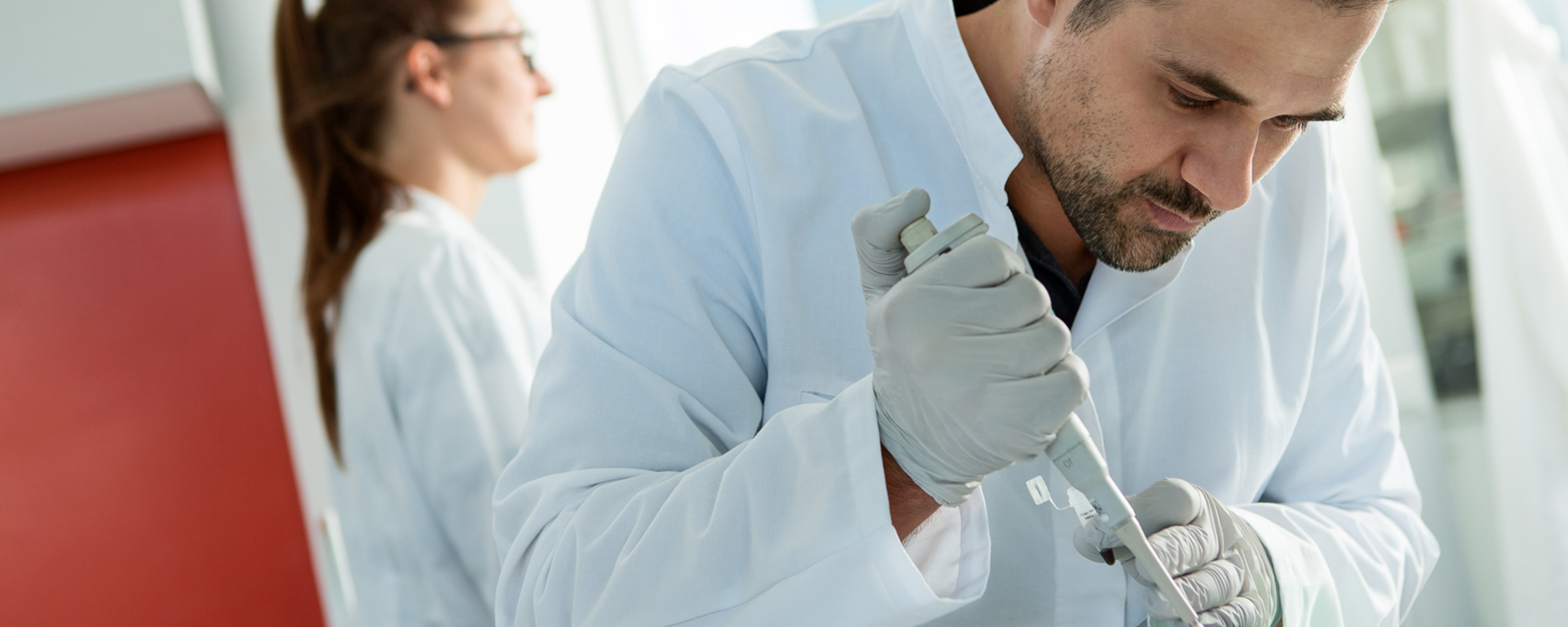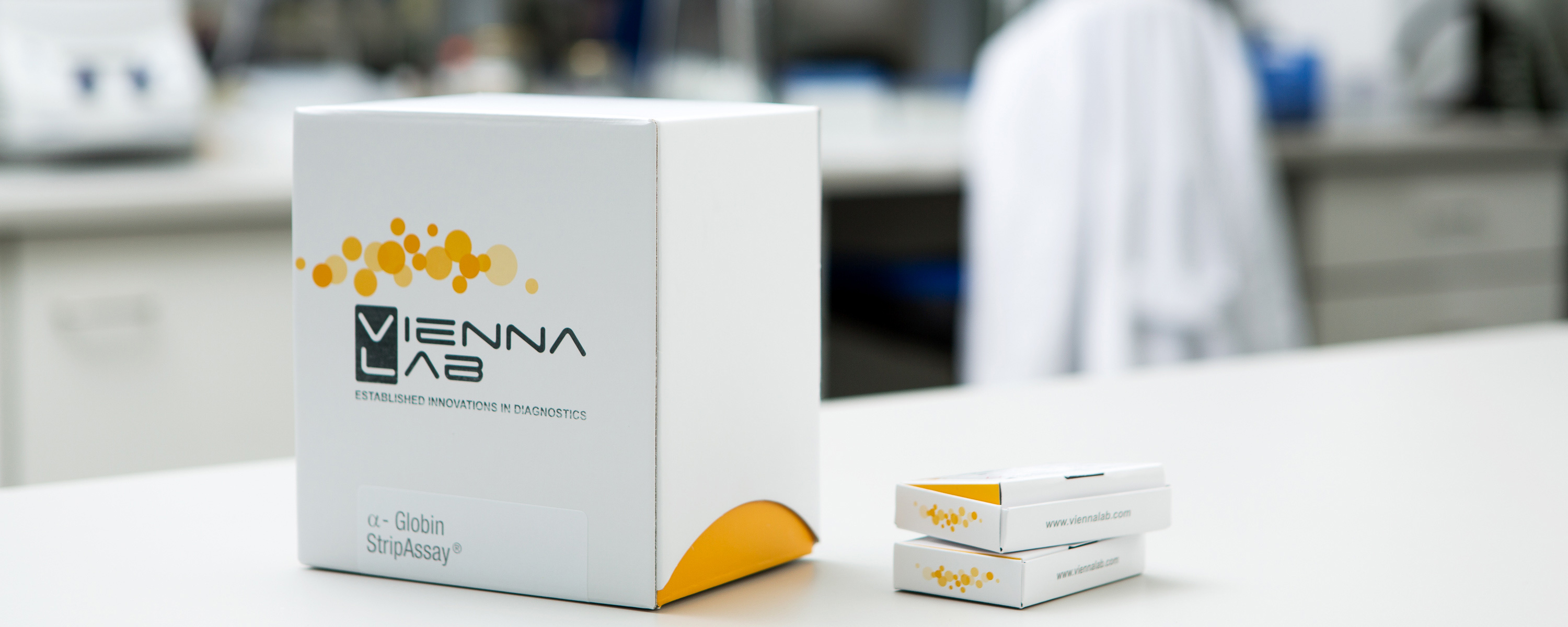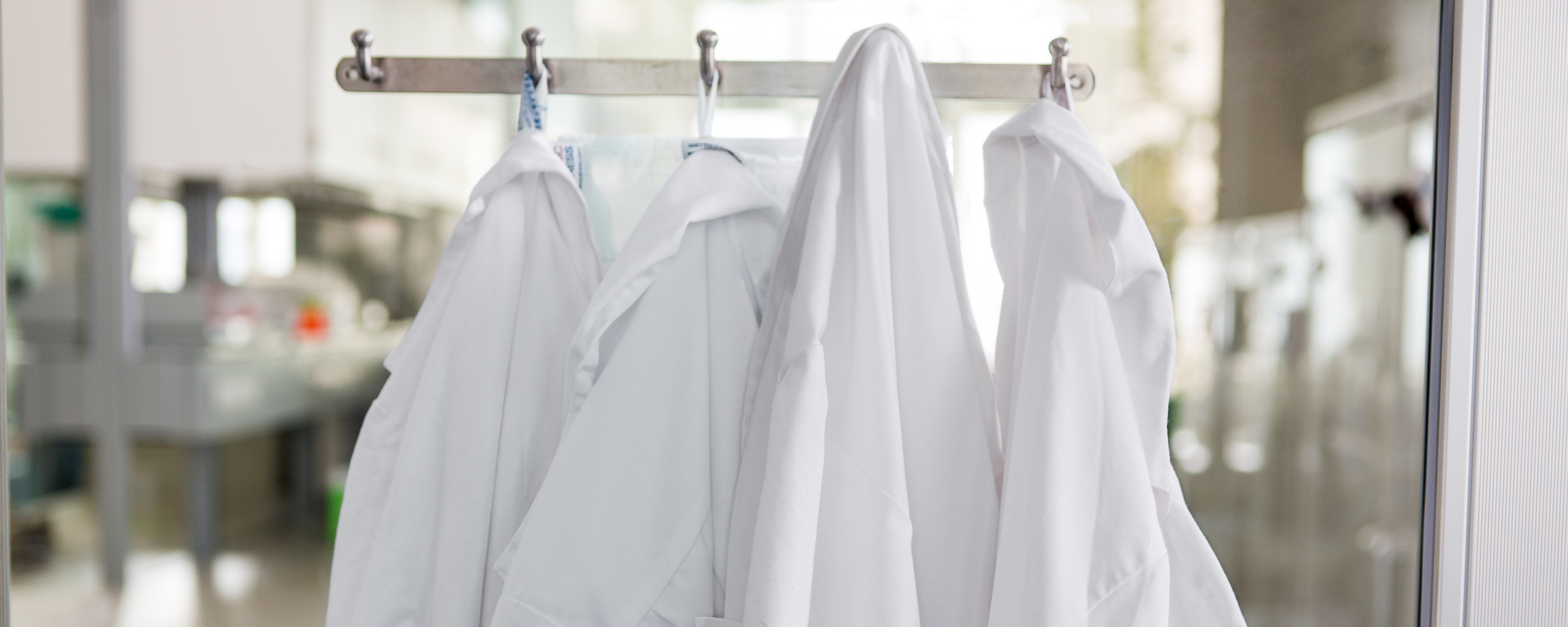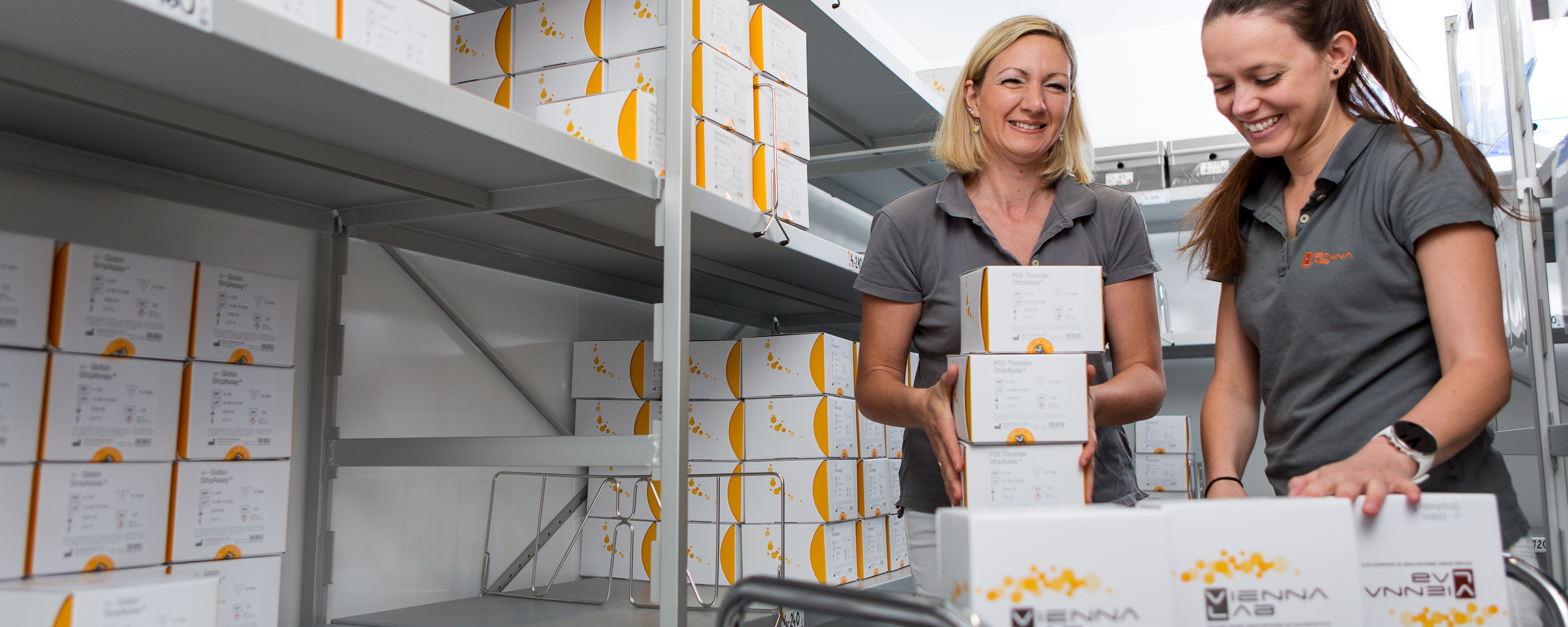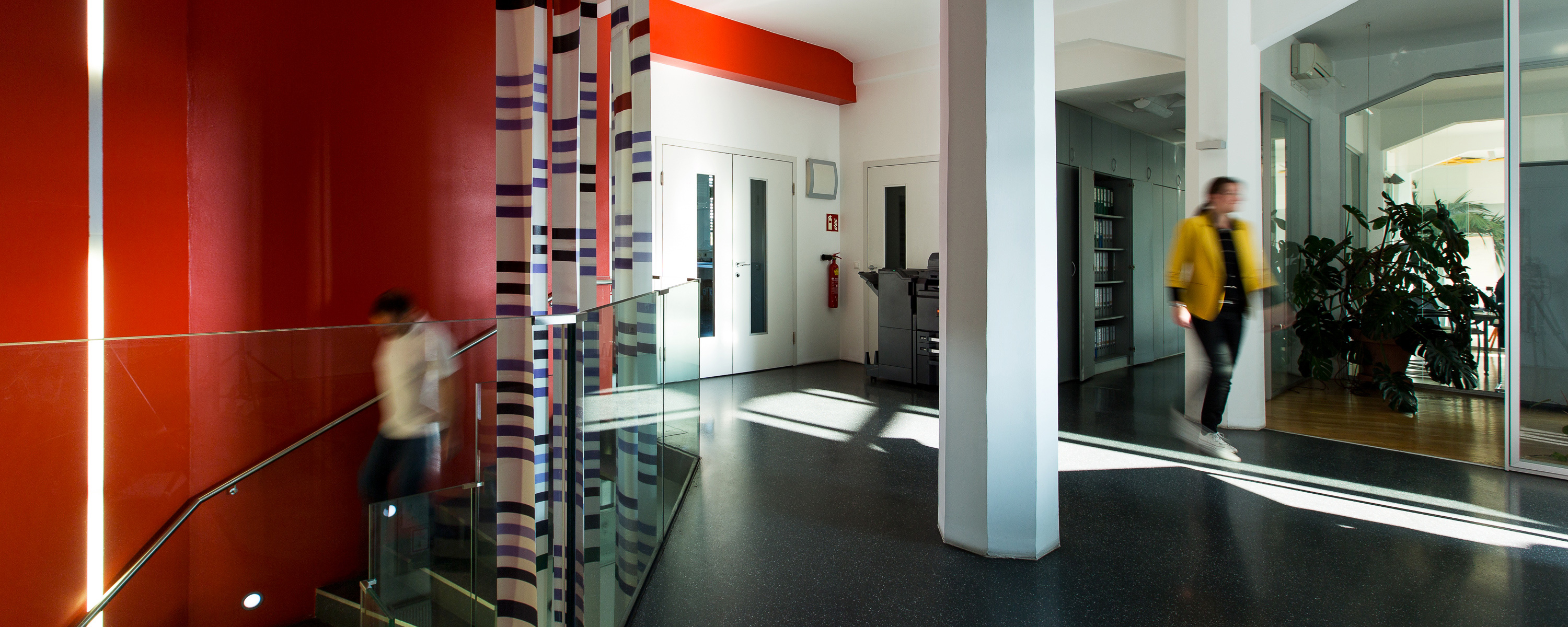Reduced activity or imbalances in the gut microbiome have been associated with a variety of conditions, including obesity, type II diabetes, and many more. The 16S Microbiome + ITS NGS Assay enables species-level classification of bacteria and fungi colonizing the human gut, providing clear insights into microbial composition and diversity.
Comprehensive profiling of bacterial and fungal communities at species level
- Targets the V3–V4 regions of the bacterial 16S rRNA gene and the ITS2 region of fungal DNA
- Simultaneous detection of bacterial and fungal species in one workflow
- Powerful all-in-one solution includes all reagents required for library preparation, bioinformatics analysis, and report generation
- Ready-to-sequence libraries in less than 3 hours
- Species-level identification of bacterial and fungal communities from an input as low as 25 ng
- ITS2 primers supplied as an add-on for increased flexibility
- Dual-indexed libraries enabling multiplexing of up to 288 samples per run
- Balanced heterogeneity spacers to enhance library complexity and sequencing quality
- No PhiX spike-in required, increasing usable sequencing capacity and reducing per-sample costs
- Compatible with Illumina MiSeq and platforms supporting ≥ 250 bp paired-end reads
- Support in sample pooling and sequencing run setup with the MicrobeCalc™
- Environmentally friendly kit design with reduced plastic use and fewer tubes
Enhanced bioinformatic analysis
The Microbiome Analysis Webtool provides an intuitive interface for automatic processing and visualization of sequencing results, allowing:
- Species-level identification using validated reference databases (SILVA & UNITE)
- Reference-based evaluation against established healthy ranges for major bacterial phyla
- Diversity analysis, including within-sample species identification and abundance measurement (alpha-diversity), and beta-diversity (between-sample) to compare microbial communities across individuals
- Results display with user-friendly visualisation, in the form of:
- Principal Coordinate Analysis (PCoA) plots
- Relative abundance charts
- Heatmaps for cross-sample comparison
- Customisable PDF report generation and raw abundance data for downstream analysis
Curious to see how your microbiome data could look like in the final report? Contact us at
Note: REF 9-131, 9-132 and 9-133 differ only in indexing primer sets. In addition, REF 9-131-16 indexes overlap with REF 9-131 Set A. For runs exceeding 96 samples, combine kits with unique primer sets (e.g. Set A + Set B).
Disclaimer: The 16S Microbiome + ITS NGS Assay enables the analysis of bacterial and fungal species that can be differentiated through the V3V4 and ITS2 regions, for which reference sequences are available in established databases. Currently, the reference ranges and explanatory content in the automated reports are tailored to gut microbiome analysis. Users intending to analyze other sample types (e.g. urine, vaginal fluid, saliva) should ensure sufficient DNA quality and quantity and validate their extraction protocols accordingly.
Citations:
1. Pitekova B, et al., 2025. The gut microbiome and metabolome in children with a first febrile urinary tract infection: a pilot study. Pediatr Nephrol. doi: 10.1007/s00467-025-06782-6
2. Nechalova L, et al., 2024. Gut microbiota and metabolic responses to a 12-week caloric restriction combined with strength and HIIT training in patients with obesity: a randomized trial. BMC Sports Sci Med Rehabil.,16:239. doi: 10.1186/s13102-024-01029-7.
3. Kwon H, et al., 2024. Effect of Lacticaseibacillus rhamnosus IDCC 3201 on irritable bowel syndrome with constipation: a randomized, double-blind, and placebo-controlled trial. Sci Rep., 14:22384. doi: 10.1038/s41598-024-72887-x.
4. Adamova LM, et al., 2024. Impact of dance classes on motor and cognitive functions and gut microbiota composition in multiple sclerosis patients: Randomized controlled trial. Eur J Sport Sci., 24:1186-1196. doi: 10.1002/ejsc.12166.
5. Bielik V, et al., 2023. The effect of physical exercise and dairy probiotics (Lactobacillus casei) on gut microbiome in childhood cancer survivors. Neoplasma, 70:588-596. doi: 10.4149/neo_2023_230526N287.

